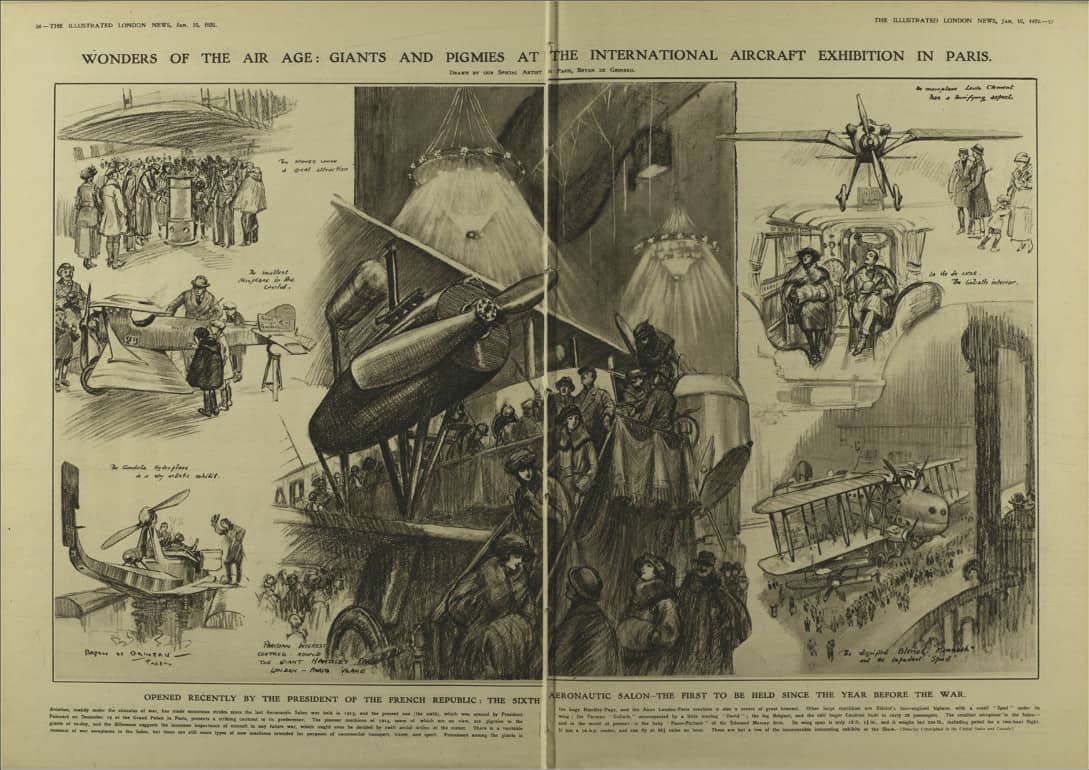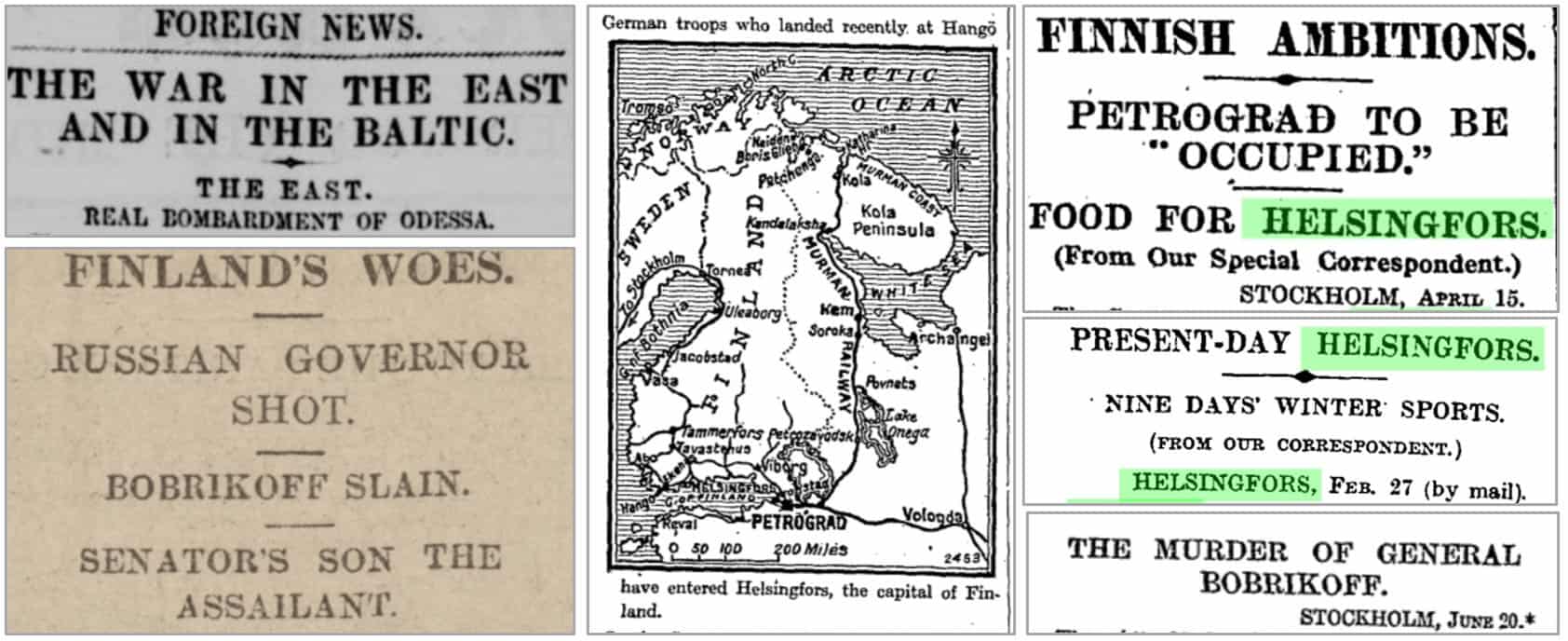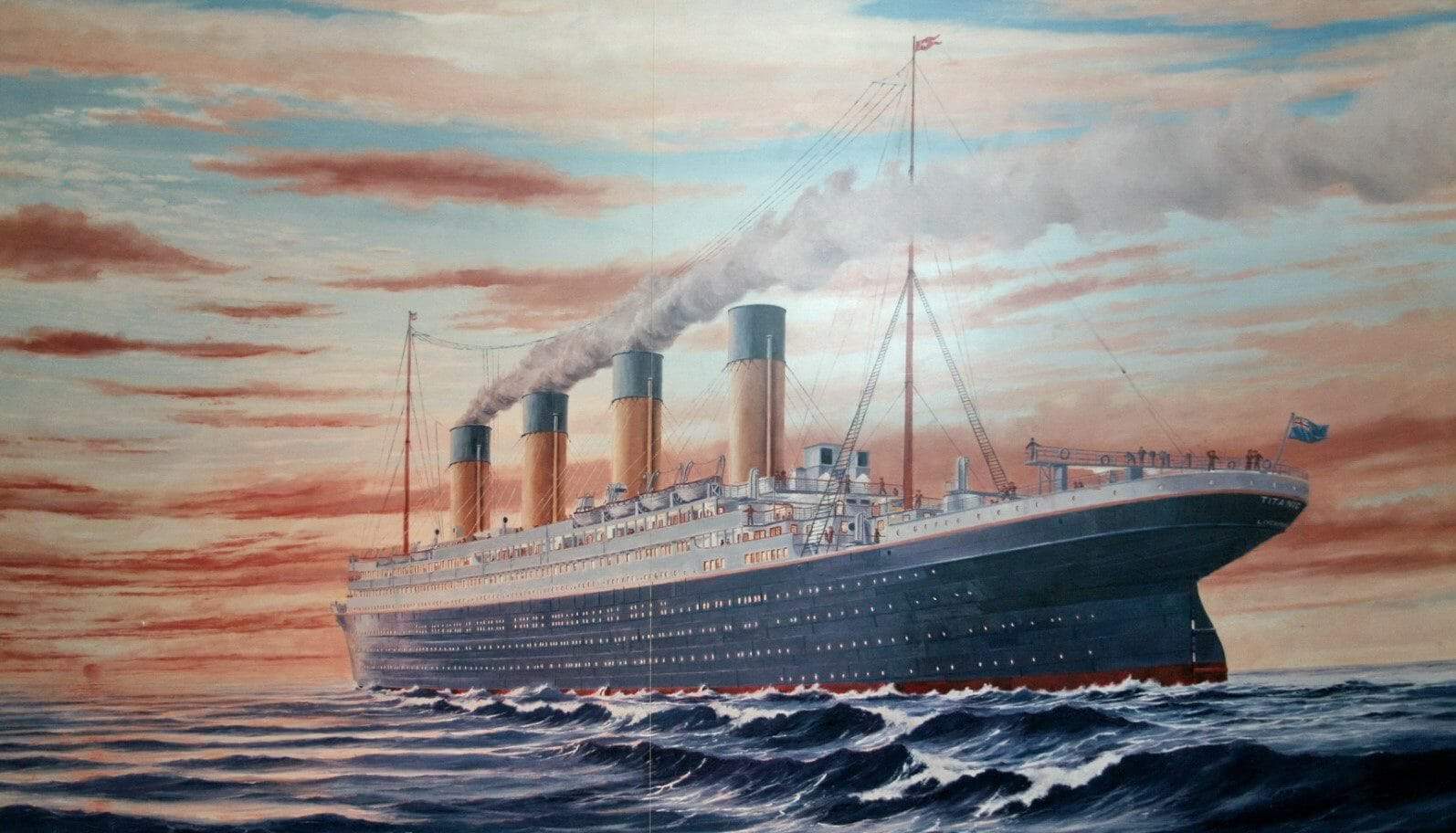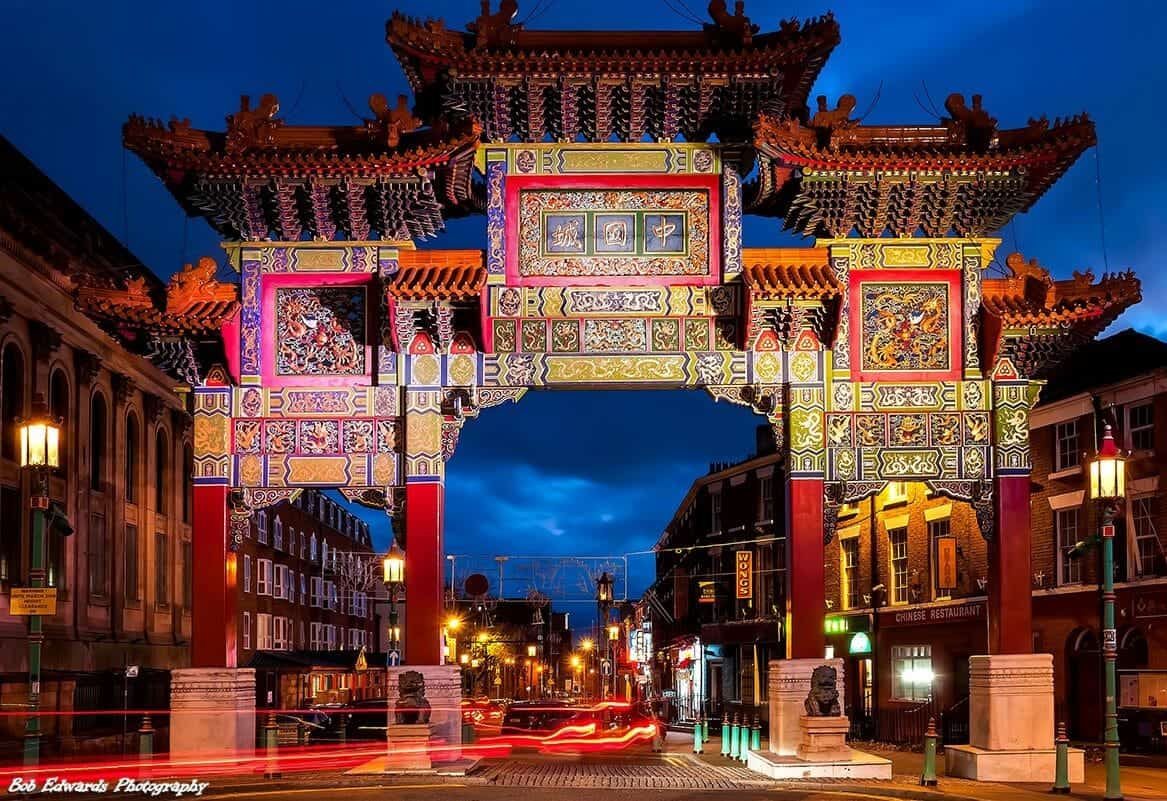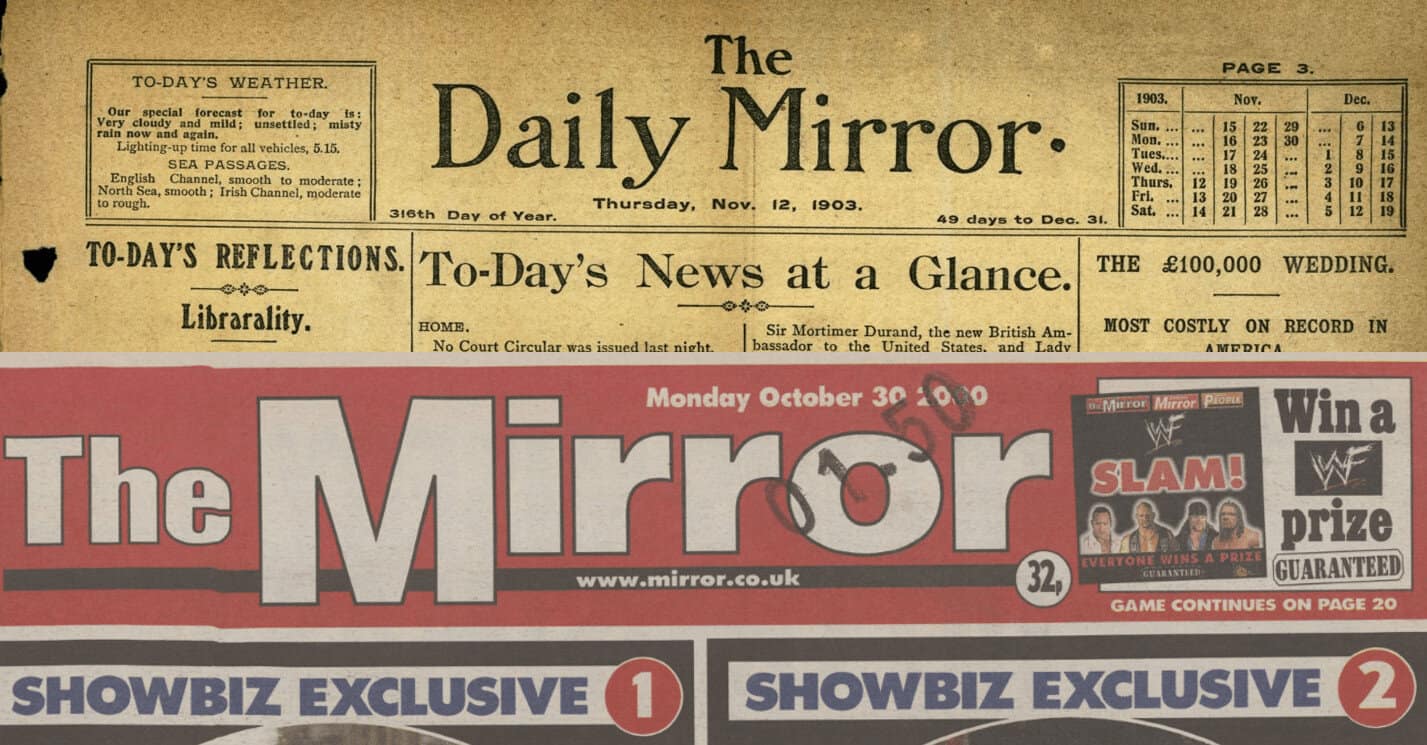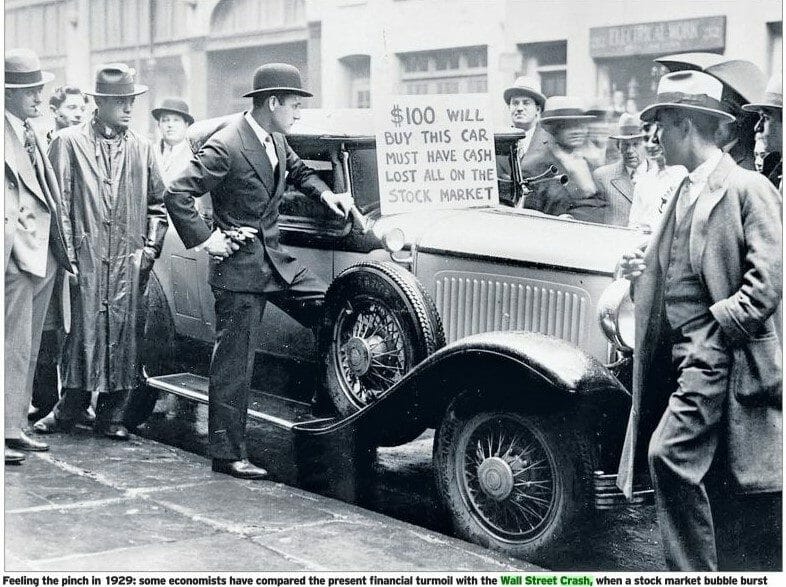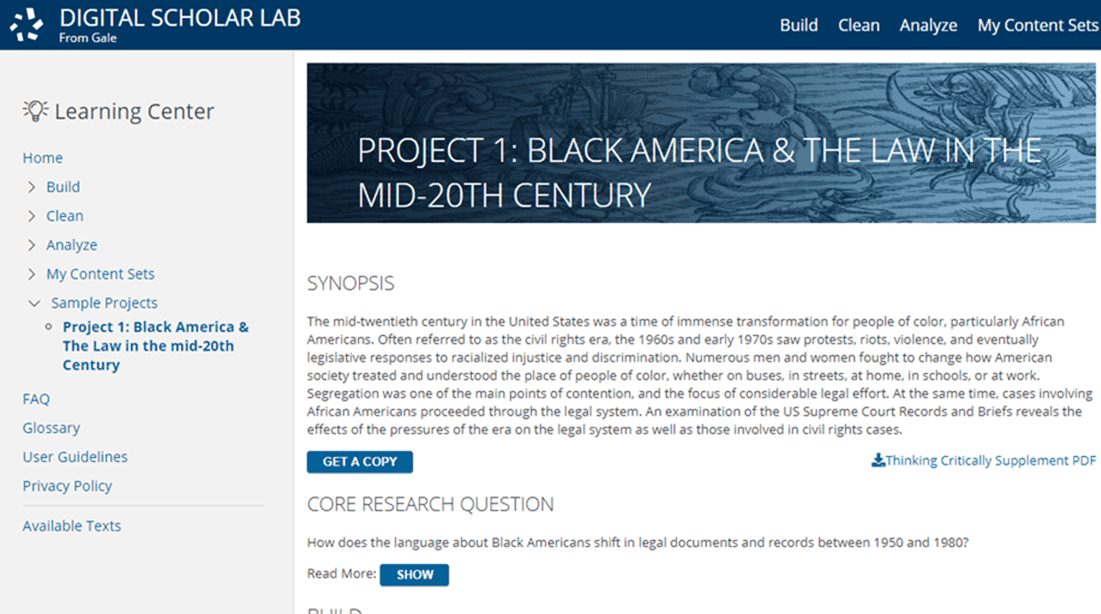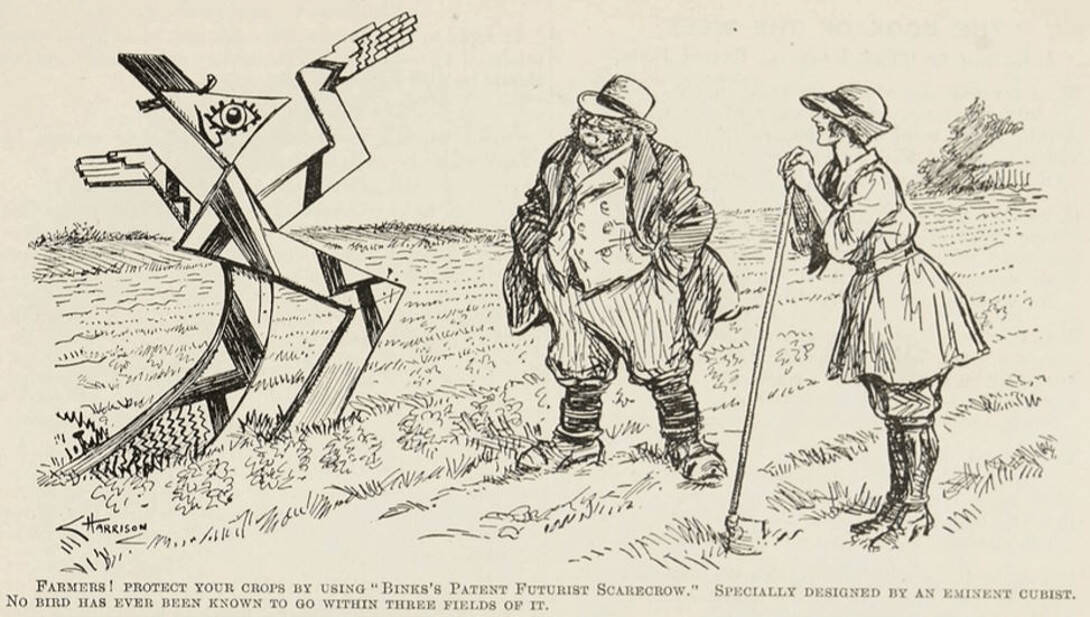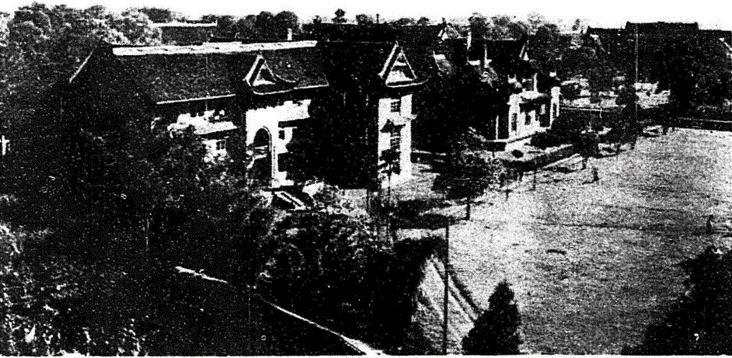│by Matthew Trenholm, Gale Ambassador at the University of Exeter│
In my last blog, I chose to focus on one Gale archive, Nineteenth Century Collections Online, but this time I wanted to demonstrate the full power of the Gale Primary Sources platform by looking at one topic across many archives simultaneously. The topic I have chosen is “the future” and what people a century ago believed it would look like. “The future” is an idea that is still endlessly debated, from dire warnings to wonderful promises; there is always something to discuss and the same was true a century ago. So, let’s jump into the archives and take a look at what the prophets of 1920 were saying!


